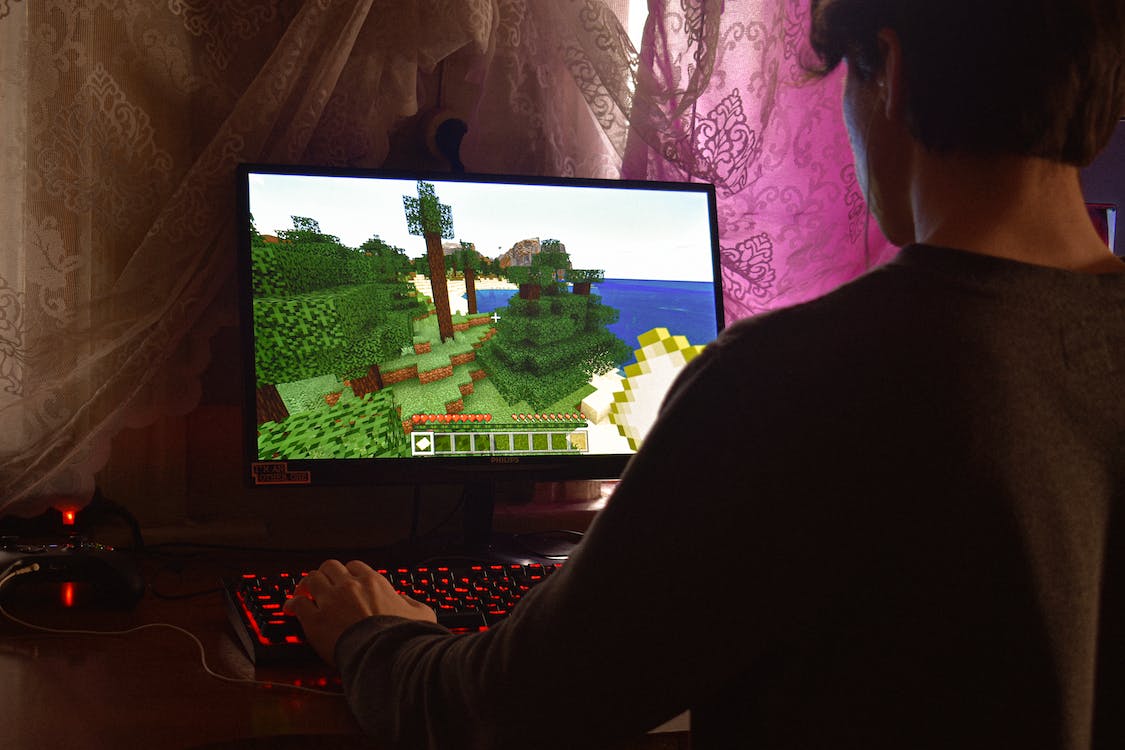Have you ever paused during a gaming session and pondered the true impact of the game you’re playing? It’s a common belief that PC games are primarily designed for entertainment. However, what if I told you there’s a whole new world within these games that goes far beyond just fun and leisure? This article aims to shed light on an often-overlooked aspect of PC gaming – its educational potential. Drawing insights from a renowned resource in the gaming world, https://www.vpesports.com/, we delve into how PC games can be more than just a digital playground; they can be dynamic, interactive classrooms.
The Hidden Classroom in PC Games
As we dive deeper into the realm of PC gaming, it’s astonishing to uncover its latent educational value. Far from being mere digital distractions, many PC games are, in fact, concealed classrooms, offering lessons in history, science, logic, and more. This section peels back the layers of gaming to reveal its potential as a powerful learning tool.
- Learning Disguised as Fun:
- PC games like “Civilization” not only entertain but also immerse players in historical events and strategies. By leading civilizations through different eras, players unwittingly absorb lessons in history, governance, and diplomacy.
- In games like “Kerbal Space Program,” players grapple with physics and aerospace engineering principles. Here, learning is a byproduct of engaging gameplay.
- Developing Critical Thinking:
- Games that involve strategy, like “StarCraft,” require players to make decisions under pressure, honing their problem-solving and critical thinking skills.
- Puzzle games, such as “Portal,” challenge players to think outside the box, enhancing logical reasoning and spatial awareness.
- Real-World Skills in a Virtual World:
- Resource management games teach budgeting and planning skills. Titles like “SimCity” or “Stardew Valley” simulate scenarios where players manage finances, resources, and time, skills highly applicable in real…
Read the full article here

Leave a Reply